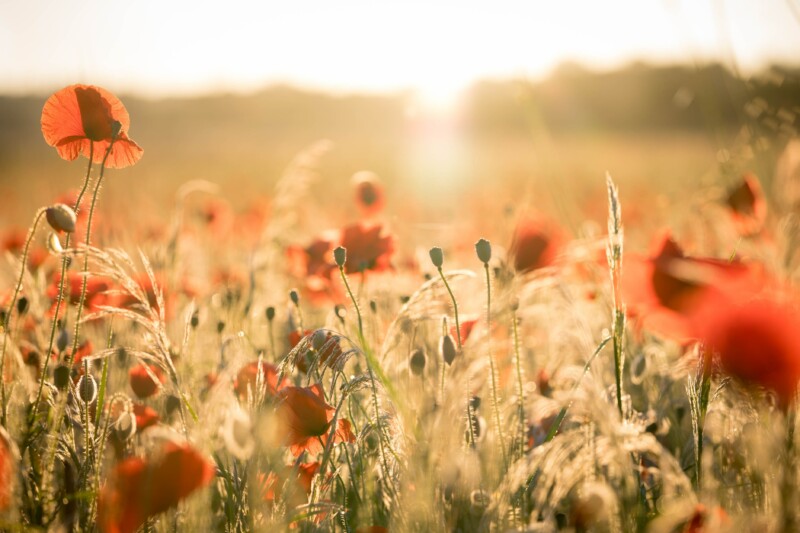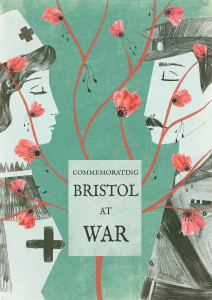“Germany, Austria and Drink” Bristol’s War on Alcohol

Share this
“Drink is the curse of the working classes,” the saying went. And it wasn’t just something that patronising middle-class busybodies said, either. Many in the working classes would have agreed.
In the decades before the First World War, alcohol had become a major social problem in the cities of industrialised countries, particularly the Anglo-Saxon ones.
Modern brewing techniques produced very strong beer very cheaply. This, combined with low taxation and light regulation of public houses and the brewing industry, led to massive amounts of alcoholism and drunkenness.
This in turn generated a temperance movement which crossed all social barriers, from middle class social reformers to socialists who believed that the ruling classes were deliberately keeping the proletariat stupefied by drink. They had as low a view of brewers as people would have of drug dealers nowadays.
One of the leaders of the Bristol temperance movement at this time was trade union leader Ben Tillett.
Drink was a feminist issue, too. The main victims of drink were the women and children deprived of the family breadwinner’s wages and frequently victims of domestic violence. Many campaigners for women’s suffrage were also temperance activists.
From the mid 19th century onwards there were regular campaigns and visiting speakers, including evangelical Christians from America, all aimed at getting people to “sign the pledge”, to swear off drink and turn “teetotal”. By the 1870s there were a number of “temperance taverns” – “pubs” that did not sell alcohol – in the city. A campaign in 1882 led to 36,000 people taking the pledge at a series of rallies at the Colston Hall. It was claimed that this had put several pubs out of business.
For the temperance lobby, the First World War was an opportunity to successfully push for restrictions on pub opening hours, particularly when a brigade of Scottish soldiers was billeted on the city over the winter of 1914-15.
Restrictions were formalised by national legislation in the summer of 1915 under new regulations brought in under the sweeping terms of the Defence of the Realm Act – “Dora”, according to the sneer of many a publican.
Lloyd George had declared that in this war, Britain was fighting three enemies – “Germany, Austria and drink.” The Liberal government, with many teetotallers on its backbenches, now seized its chance, saying that the easy availability of drink was impairing the war effort.
Now pubs could no longer sell drink on credit and could only open for five and a half hours each day, noon to 2.30pm and 6pm-9pm. Spirits could only be sold for consumption off the premises during Monday to Friday lunchtime hours.
Other regulations also reduced the strength of beer; this was a significant move since British beer was extremely strong at this time. Through regulation and taxation, the alcohol by volume of British beer fell from around 7% to between 3% and 4%.
DORA also outlawed “treating”; it became illegal to buy someone else a drink in a pub.
There were good reasons for this; soldiers often got “treated” too well. It was common for a solider returning to his home community wounded or on leave to find dozens of drinks lined up for him along the bar of the local pub. Elsewhere in the country, some had reportedly drank themselves to death.
The first recorded prosecution under the law in Bristol took place in November 1915 when Frederick Charles Eagles, landlord of the Cat and Wheel pub in Castle Green, appeared before the magistrates. He had allowed a customer to buy five drinks for five people, including himself.
Eagles’ defence was a common one when the law came in; that the customer paying the Half-Crown for the round had already collected the money from each of his four companions. The defence was rejected and Eagles was fined £5.
According to a legend for which no firm evidence has yet come to light, an army officer in Bristol was later prosecuted for buying a drink for his own wife.
The temperance lobby in the United States was even more powerful than it was in Britain, and it brought a renewed energy to the cause in Britain when America joined the war in 1917. Before most Bristolians had seen any American troops, many of them met an American prohibition campaigner.
The National Prohibition Campaign, calling for an end to the manufacture and sale of all alcoholic beverages in Britain, held a rally at the Colston Hall in early December 1917.
At this point, the country faced food shortages and the possibility of starvation due to German U-Boat attacks on merchant shipping. And as a Canadian speaker at the rally said: “We aren’t going to pinch ourselves in order to ship grain over there for it to be made into booze.”
The star turn was American Congregationalist minister Dr Charles Monroe Sheldon, author of the best-selling novel ‘In His Steps’, the book from which came the famous question which evangelical Christians still use to this day: “What would Jesus do?”
Dr Sheldon told the packed hall that he had had letters from American mothers who worried about what would happen to their boys in England, where they had heard alcohol was freely available. If the English people, he warned, wanted to retain America’s friendship, things would have to change in Great Britain. “I hope,” he said, “nothing will happen to break the strings of the lute which was sounding the sweetest melody of friendship ever heard between two great nations of the world.”
At the war’s end, America experimented with Prohibition, but Britain came a lot closer to doing something similar we realise nowadays. The DORA regulations forbidding buying rounds were lifted, but restrictions on opening hours remained in place until the 1980s and beyond, and few British beers ever regained their pre-First World War strength.
In 1914 there were an average 3,388 convictions for drunkenness in England and Wales every week. By 1918 the number had fallen to 449. The fall in Bristol seems to have been even more dramatic.
Alcohol was not widely regarded as a major social problem in Britain again until more recent decades.

